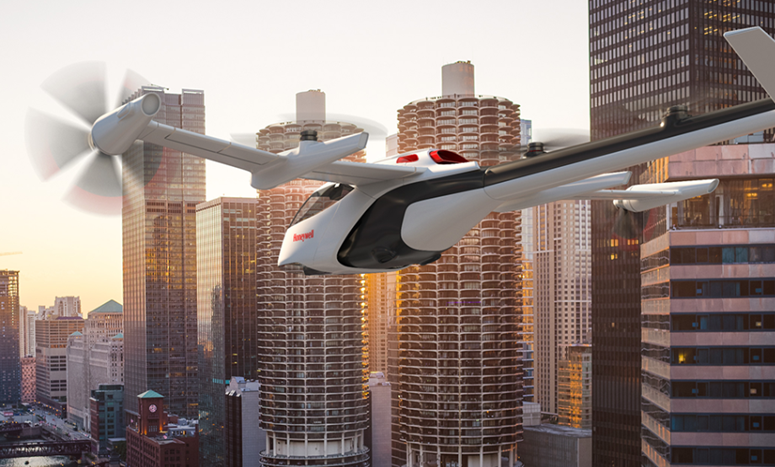On 19 September, the Single European Sky ATM Research (SESAR) joint undertaking announced that 18 exploratory research projects had officially kicked off. Three of these have a direct relevance to lower airspace.
“Selected for funding within the framework of its ambitious Digital European Sky research and innovation programme, the projects address a wide range of topics aimed at generating innovative concepts, methodologies and technologies, all with a view to making air traffic management in Europe smarter and more sustainable,” according to a SESAR press release. “The projects represent a total investment of EUR 26 million by the aviation industry and the European Union through Horizon Europe.”
CORUS Five involves the development of the extended U-space Concept of Operations CORUS V5.0. “Through SESAR, Europe now has a concept of operations (ConOps) for the safe and secure integration of drones (U-space),” says SESAR. “Most operations to date have taken place in segregated airspace yet the need to integrate U-space into controlled airspace is increasingly recognised as an enabler to widespread use of unpiloted vehicles. Building on the success of CORUS and CORUS XUAM, the project will extend and mature the ConOps to include airspace that is not presently covered, e.g above very low level and in the vicinity of controlled airports.”
U-AGREE is the U-space Air and Ground Risk modEls Enhancement programme. “The project aims to develop an integrated risk model linking the operations of unmanned aircraft (UAS) with some negative effects they may have with regard safety, security, privacy and environment. This risk model is intended to support the airspace risk assessments required by U-space European regulation as well as an amendment to SORA methodology so that risk can be quantitatively estimated, enabling digital implementations leading to swifter operational approval processes.”
Finally, VISORS (Validation Infrastructure SuppOrting Remote Simulations) has been launched. “Real-time simulations (RTS) are widely recognised as a means to support the validation process of systems and procedures up to the highest operational readiness levels and are therefore widely used to support validation campaigns in the SESAR context. With the development of new ATM concepts in recent years and those expected in the near future (e.g. innovative air mobility,) verification and validation processes have become increasingly complex, with increasing demands on the infrastructures for validating these concepts and operational conditions. The project aims at supporting a wide diffusion of interoperability standards among ATM validation platforms. An economic analysis of performing validation processes for ATM/AAM/U-space interoperability concepts and solutions.”
For more information
https://www.sesarju.eu/news/kick-18-new-sesar-exploratory-research-projects
(Image: SESAR)




